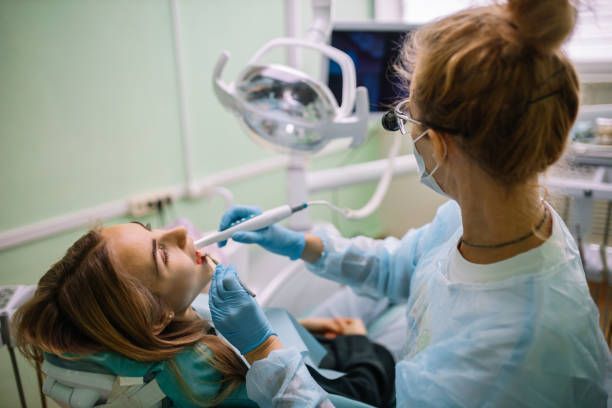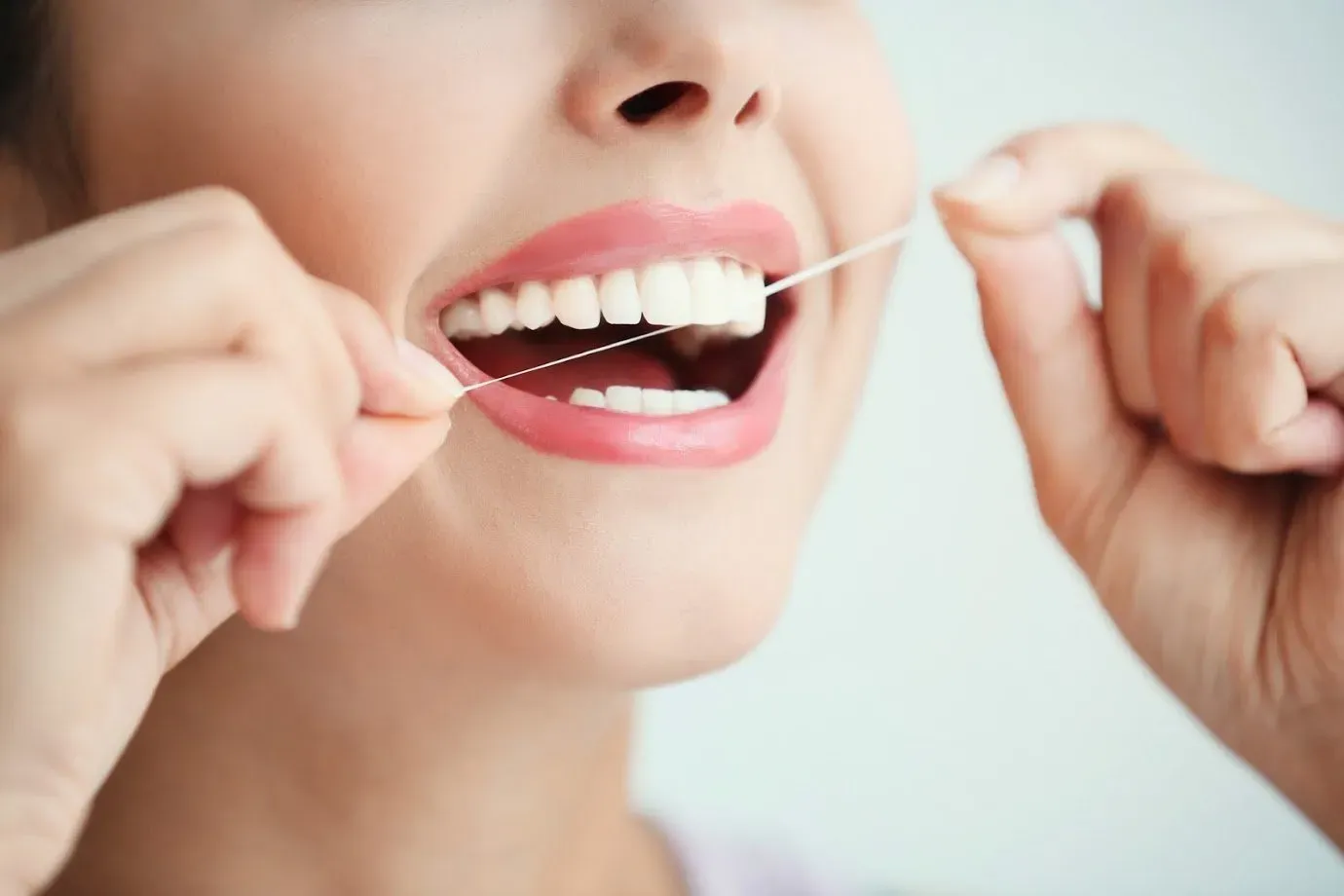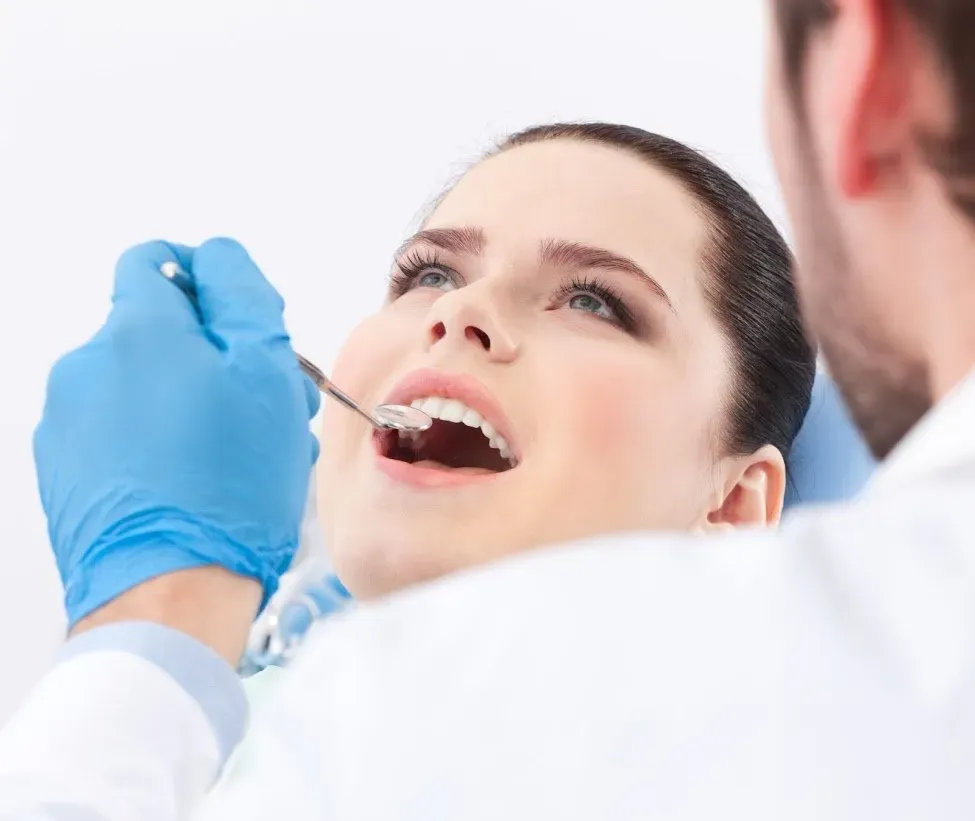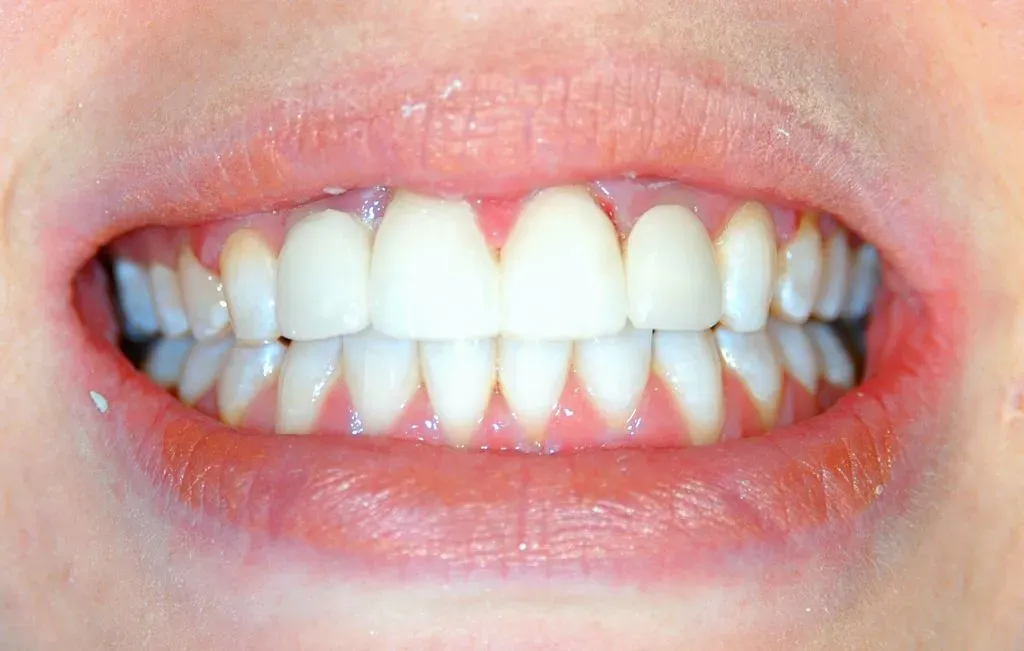5 Factors to Consider About Manual vs Electric Toothbrushes
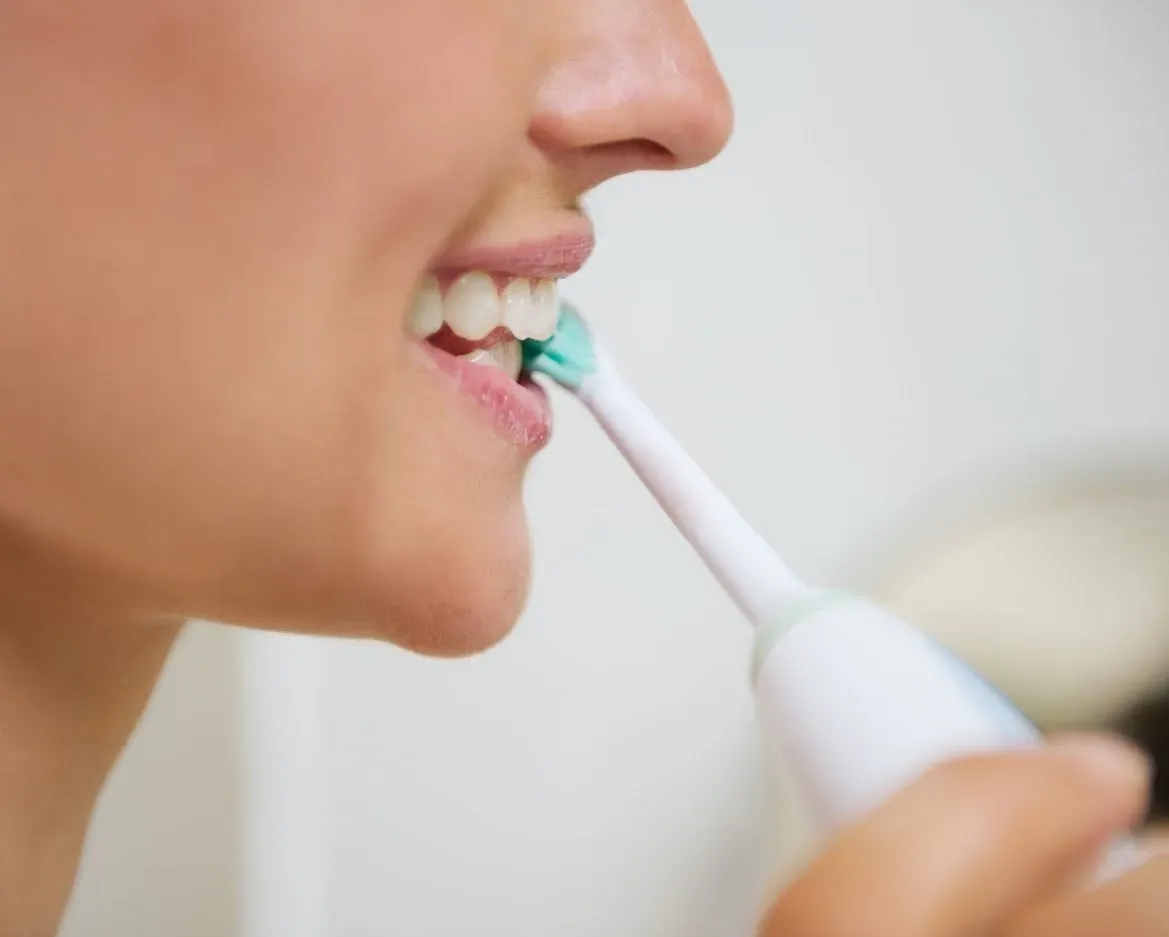
Brushing your teeth every day is essential to good oral health, but how do you know which toothbrush to use? Here are five factors to take into account when deciding whether to purchase a manual or electric toothbrush.
1. Plaque removal
Many dentists recommend electric toothbrushes over manual brushes due to their superior ability to remove plaque from teeth. Dental plaque is a thin film of bacteria that forms on teeth. If you do not brush it away every day, plaque can harden into tartar, which is difficult to remove. Electric toothbrushes are designed to move in a way that removes as much plaque as possible from teeth, something that is difficult to achieve with a manual brush.
2. Brushing habits
Most electric toothbrushes have a built-in timer that causes the brush to vibrate when you have been brushing for thirty seconds. This vibration lets you know that it is time to move onto the next quadrant of your mouth. After two minutes, the brush vibrates in a longer pattern to let you know that you can stop brushing now.
This timer helps you to brush for the amount of time recommended by dentists. While you can achieve the same effect using a manual brush and a timer on your phone or watch, many people do not. When you are in a hurry to get to school or work, it is often tempting to rush brushing with a manual brush, which results in a less effective clean.
3. Sensitivity
Some people find that their teeth or gums become overly sensitive when they start to use an electric toothbrush. To avoid excess sensitivity, hold the brush very gently against your teeth and use a toothbrush head designed for sensitive teeth.
Some electric toothbrushes have pressure sensors to let you know when you are applying too much force to your teeth. Others have a sensitive mode which delivers a gentler clean. With a manual toothbrush, you are in complete control over how much pressure you apply to your teeth, so you should have fewer sensitivity problems using this type of brush.
4. Price
Electric toothbrushes are almost always more expensive than a manual brush. However, there is no need to spend hundreds of dollars on a top-of-the-range electric toothbrush. A basic model with a single brushing mode, no pressure sensor, and a simple timer is completely adequate for most people. If there are several people in your family, you can also save money by sharing an electric toothbrush base, with each person having their own toothbrush head.
More costly electric toothbrushes store data about your brushing habits, which can be useful to share with your dentist, but is not necessary for simply getting a good daily clean. If you want to splash out on an advanced electric toothbrush, look out for good deals in Black Friday sales.
5. Portability
Electric toothbrushes are bulkier than manual brushes, especially once you take into account the charging stand. This bulkiness can make them less attractive to people who travel frequently, although carry cases are available if you do want to take your electric toothbrush on a trip.
A good compromise is to use an electric toothbrush to get a thorough daily clean and keep a manual toothbrush in your travel bag so it is always there when you have to spend a night away from home. Remember to check the bristles of each brush regularly and replace either the manual toothbrush or the electric toothbrush head when you notice signs of wear.
If you are not sure which type of toothbrush is best for you, get in touch with Runcorn Dental today. We can discuss your brushing habits and help you to achieve a more effective clean.

